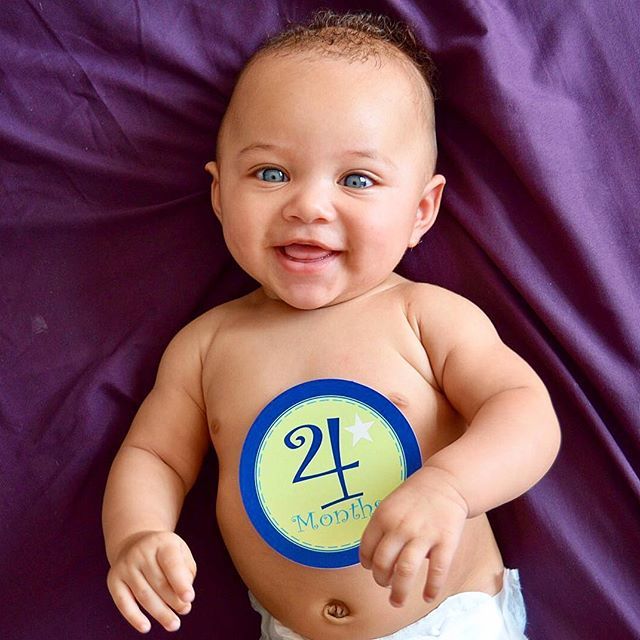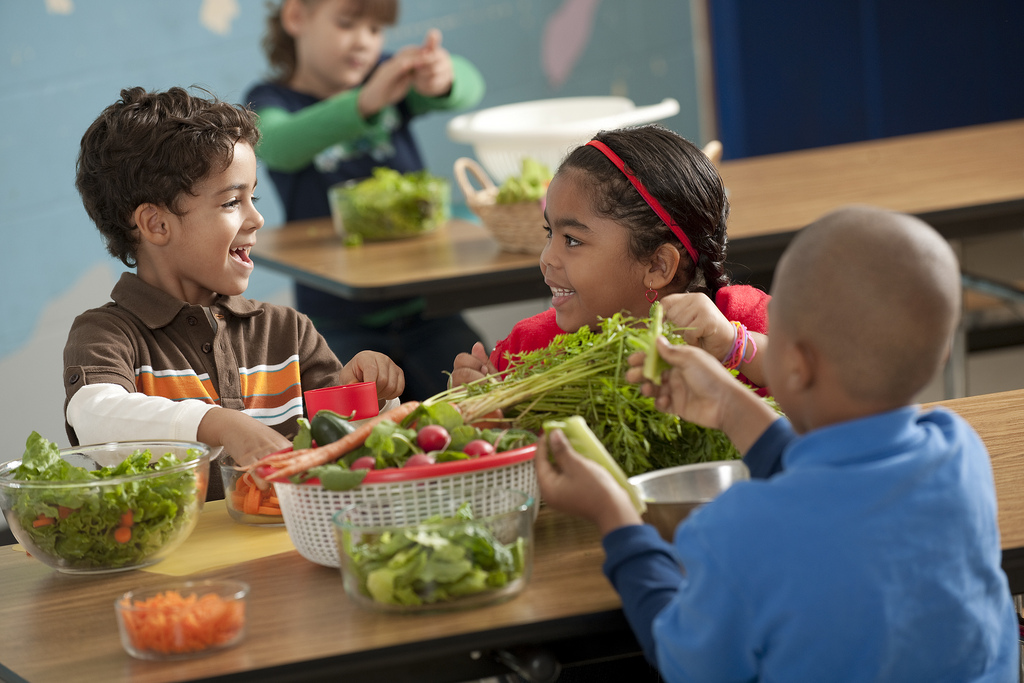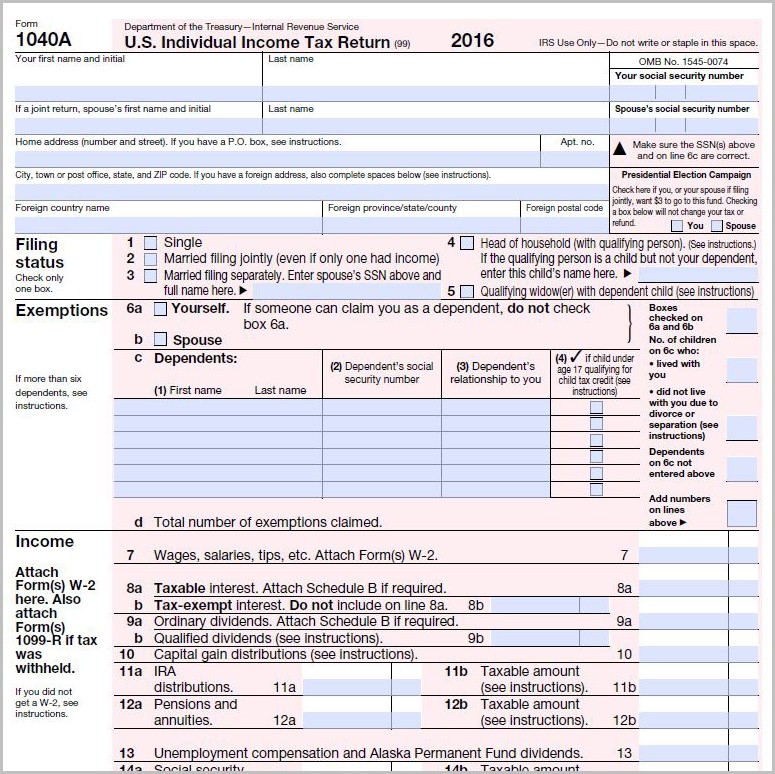How to get your child into the gifted program
How Does a Child Get into a Gifted Program?
Getting a child into a gifted program can be a confusing process for parents, especially because the policies for gifted education vary from state to state. If parents or educators believe a student is gifted, the most frequent method for a student to gain entry to gifted classes or a gifted program is by getting identified as gifted. Depending on the school, various methods to identify gifted students are used, and most begin the identification process starting in second grade or even earlier.
How does a student get into gifted classes?
The criteria for testing a student for giftedness is determined at the state and district level. Since the federal government does not provide specific guidance or have requirements for gifted services, services can vary widely between different regions – even among the same state!
School districts use varying processes to screen students when determining who gets into specific programs. Most screening processes begin with referrals by parents and teachers. They will often use an IQ or assessment test to measure specific skills. Other parts of the screening process include surveys and aptitude tests. See NAGC’s Gifted by State page for state-by-state policies.
There are numerous important questions to ask when seeking a gifted assessment, including information on credentials/training, experience with gifted children, using the results for educational planning, and more.
Low-Cost Gifted Programs
Once a student is identified, there are a few low-cost accommodations schools can make that don’t require a large amount of funds, just flexibility on the part of educators and administrators. Some of these low-cost options include:
- Early entrance to kindergarten or first grade
- Self-contained, multi-age gifted classes
- Subject and/or grade acceleration
- Dual enrollment (middle and high school; high school and college)
Some school districts offer specialized techniques and services, such as gifted pull-out programs, ability grouping, enrichment programs, and more.
What methods do schools use to identify gifted students?
The various methods schools use to identify gifted students (e.g. test scores, screening programs, teacher nominations) can be surprising for parents. Identification is highly dependent on the state, school district, and local school.
Most parents seek gifted identification of their child in order to gain entry to certain gifted programs or services. Some schools that offer gifted curriculum will use testing as a measurement tool to qualify students who score above a certain threshold. Depending on local gifted education policies in place, entire grades of students may be screened early on, or IQ tests may be administered on an individual basis if a child appears to perform above their grade level.
How to Get Your Child Tested for Giftedness
What is the difference between gifted testing and assessment?
Gifted testing
Gifted testing involves the administration of a standardized test in a specific format, often defined by the publisher of the test, to ensure the test is given to every person in a consistent manner. This may include the way in which questions are presented, the exact wording a tester must use, specific time limits, or a discontinuation point at which the student can no longer answer questions correctly and must move on.
This may include the way in which questions are presented, the exact wording a tester must use, specific time limits, or a discontinuation point at which the student can no longer answer questions correctly and must move on.
Gifted assessment is much more comprehensive – and for that reason, can be significantly more costly. In an assessment, parents work with a trained professional who uses their expertise to determine what information needs to be gathered and the most appropriate tools for collecting that information; observe the child while collecting this information; and then provide an interpretation of their findings to establish the child’s complete learning profile. Detailed information on the child’s strengths, challenges, learning style, educational needs, and individual characteristics, and recommendations for meeting the child’s needs, will be provided.
Read more about Gifted Testing and Assessment
Types of Gifted TestsThe two main categories for gifted identification are achievement tests and abilities tests.
Achievement tests
Achievement tests look for a child’s knowledge in a subject area. They may be group-administered, like the SAT and ACT, or they might be administered individually by a trained professional, like the Woodcock Johnson Tests of Achievement. Achievement tests can be used as gifted testing to screen students for particular areas of academic strength.
Abilities tests
Abilities tests evaluate a child’s cognitive abilities or IQ. These are delivered individually by a trained professional, often someone with an advanced degree in education, psychology, or social work.
How to Get Your Child Tested for Giftedness
How do I prepare my child for gifted testing?
Even the smallest of factors can impact a gifted child’s assessment situation and outcomes. In particular, assessment situations often take place in an environment unfamiliar to the gifted student and are usually administered by an unfamiliar person to the student. It is recommended that families follow normal test day routines leading up to the assessment.
Gifted Testing Checklist
- Get sufficient sleep the night before and stay hydrated and nourished
- Schedule a test during your child’s peak performance hours, when they tend to do best (i.e. not at the end of a long school day or other activity)
- Take a transition break to stretch and walk before going into the assessment center
- Frame the test as an engaging activity rather than as a pass-or-fail exam
- Keep water, snacks, and tissues on hand to help limit any physical discomfort
- Practice anxiety-reducing techniques at home, such as breathing exercises, so that your child can be prepared if they get stressed
If your child has allergies, an injury, or feels under the weather and you still feel attending the assessment is a priority, be sure to disclose these factors to the individual administering the test so that they are accounted for and included in the written evaluation and results of the assessment.
See: How to Prepare Your Child for Gifted Testing
Are behavioral problems a determining factor for eligibility into gifted programs?
Children who are twice-exceptional (2E) often have learning differences or disabilities along with exceptional abilities.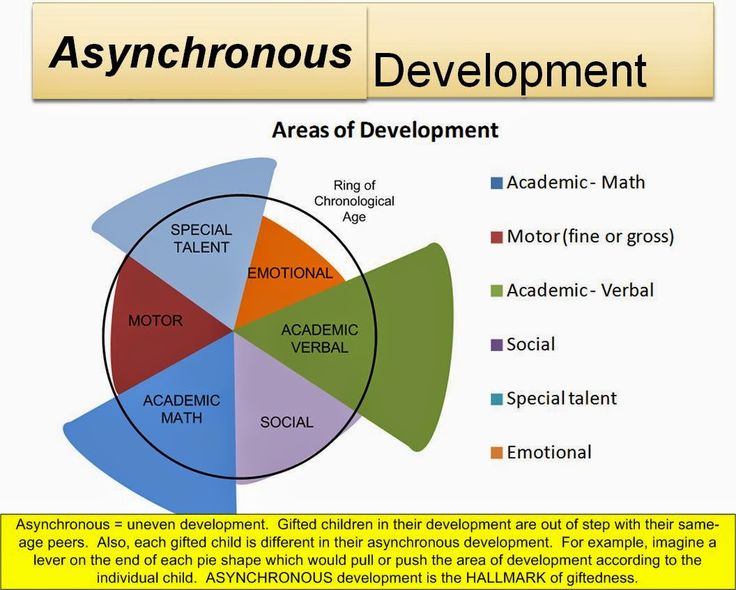 This mix of strengths and challenges creates a complex learning profile, and can result in masking part of the child’s learning profile.
This mix of strengths and challenges creates a complex learning profile, and can result in masking part of the child’s learning profile.
Testing and assessing twice-exceptional students can prove difficult because there won’t be one test that definitively identifies twice-exceptionality. Often a piece-by-piece approach can prove effective for determining eligibility into gifted programs. An IQ test may measure some aspects of their learning profile, a vision test may provide additional context, and qualitative teacher and parent assessments may provide another layer of insight into the whole child. To gain a complete understanding of a 2E child’s profile, parents may need to seek out several types of specialists.
See Hoagies’ Gifted list of professionals familiar with the gifted.
Twice-Exceptional (2E) Students
Giftedness and 2e challenges CAN be addressed at the same time. These students need to be challenged in areas in which they’re gifted, and they simultaneously need support in areas where they struggle. Parents must be active in communicating with the school to determine what accommodations are being made to assist and make learning easier for 2e students.
Parents must be active in communicating with the school to determine what accommodations are being made to assist and make learning easier for 2e students.
At the Davidson Academy, there are a number of profoundly gifted students with Section 504 Plan accommodations or Individualized Education Programs (IEPs) attending both campuses. The educational planning for each student with a disability is based upon processes that address legal requirements for educational settings, evaluation, placement, reevaluation, and procedural safeguards. The Davidson Academy special education services team consists of Davidson Academy staff members, as well as contracted professionals who specialize in relevant areas of assessment and practice.
The Davidson Institute Guidebook, Twice-Exceptional: A Resource Guide for Parents, has detailed information on 2E assessment and more.
Special Considerations in Gifted Identification and Assessment
Conclusion
While there are many factors to consider in attempting to gain entrance into a gifted program, communicating effectively with your gifted child’s school is of utmost importance.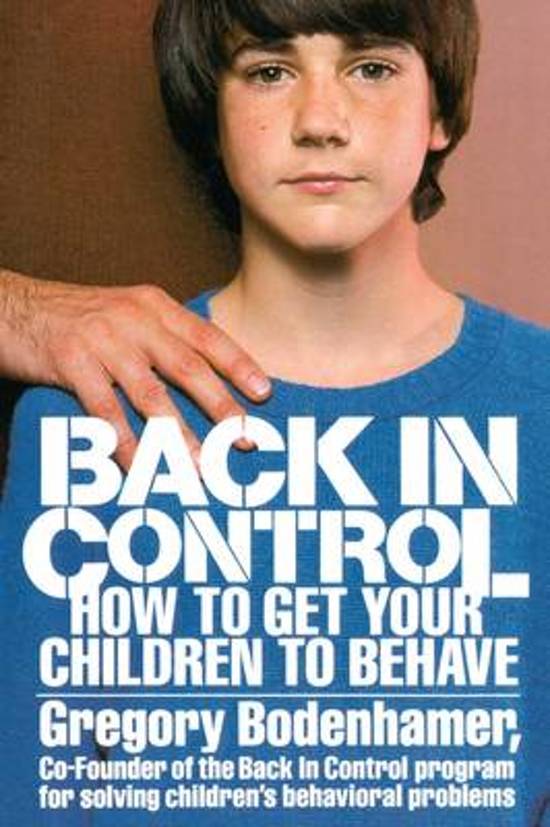 If your current schooling situation doesn’t provide the education your gifted student needs, the next question is often how to apply for a gifted school. Profoundly gifted students often look to the Davidson Academy as an option.
If your current schooling situation doesn’t provide the education your gifted student needs, the next question is often how to apply for a gifted school. Profoundly gifted students often look to the Davidson Academy as an option.
In 2006, the Davidson Academy’s Reno campus opened as the first free public school of its kind for profoundly gifted middle and high school students. Unlike traditional school settings, the Academy’s classes group students by ability rather than age. In 2016, a fully accredited online campus was added to the Davidson Academy’s offerings for the 2017-2018 academic year. To attend either option, students should score in the 99.9th percentile on accepted intelligence and/or achievement tests; perform at a required academic level; exhibit intellectual and academic achievement; demonstrate motivation, social and emotional maturity, and an overall readiness for a fast-paced educational environment.
See also:
- 10 Characteristics of Profoundly Gifted Students
- Ability Grouping for Gifted Students
- Choosing the Right School for Your Gifted Child
- The Benefits of Online Learning for Gifted Students
- What does Profoundly Gifted Mean?
How Does a Child Get into a Gifted Program?
Who are gifted youth?
Gifted youths are children who show extreme potential for high achievement in different academic or creative fields. These students often require different teaching methods or special programs to meet their academic and social needs.
These students often require different teaching methods or special programs to meet their academic and social needs.
Gifted students are not always the same as “high achieving” students. High achieving students are those who get good grades, are natural leaders, and have good time-management skills. High achievers do not necessarily have to be gifted, and gifted students are not always high achieving. Gifted students perform well on aptitude tests, but they often have unique learning styles. High achieving students, on the other hand, perform well on school exams and are what we typically think of as “good” students.
If you think your child is gifted, enrolling him or her in a gifted program is one of the best ways to ensure that he or she also becomes a high-achieving student.
What are gifted programs?
The federal government requires that all schools offer Gifted Education Programs to their gifted students.
There are many different kinds of gifted programs:
- Enrichment programs provide challenging assignments specifically designed for the needs of gifted students.

- Gifted classrooms place small groups of gifted students in one class to be taught by specially trained teachers.
- Acceleration programs allow highly advanced students to “skip” grade-levels to provide them with more rigorous academic experiences.
The programs available vary greatly from state-to-state. For example, some states have academies designed specifically for gifted high-school students.
Outside of the school year, many universities and organizations offer summer programs for gifted students.
How does a child get into a gifted program?
As much as parents would like the ability to decide whether or not their child is gifted, the decision is not up to them. Schools use various methods to identify gifted students, and most begin the identification process as early as the second or third grades.
Some schools administer IQ tests and offer gifted programs to students who score above a certain threshold. Others use end-of-year state tests, like the STAR tests, to determine eligibility for these programs.
Most schools, however, use a combination of test scores, grades, and teacher observations to determine if a child should be placed in a gifted program.
Your best resource for learning more about your school’s requirements is your child’s teacher. Teachers can not only give you state-specific information related to gifted-education, but they can also help you choose the option that is best for your child.
What if my child is not admitted into a gifted program?
In the United States, only about 6% of students are considered gifted, and schools can sometimes fail to identify gifted students by administering only a single eligibility test.
The last thing you want is for your gifted child to fall behind as a result of getting bored with their easy schoolwork or learn lazy habits due to not needing to study for tests.
If you believe your child is not flourishing under his or her current program and a gifted program would benefit them, there are things you can do.
Start by enrolling your child in online education programs, after-school enrichment classes, or individualized tutoring classes such as those offered by 98thPercentile. Then, ask your school administrators to re-administer the qualification test or reconsider your child’s application.
Getting your children the education best suited for their needs is the best thing you can do to secure their academic future. 98th Percentile offers live online accelerated Math, English (Reading & Writing), and Coding (Junior & Intermediate) programs for K - 12. Gifted through Hard Work is our Motto. We strive to elevate every student to their highest potential and as a result get qualified for Gifted and Talented Programs. Please visit us and book a free trial class for your kid now!
Gifted children. The path to success
The municipal system of education in the Novosibirsk region has developed a unique model for distributing tasks and organizing activities to identify and support capable and talented children in various activities.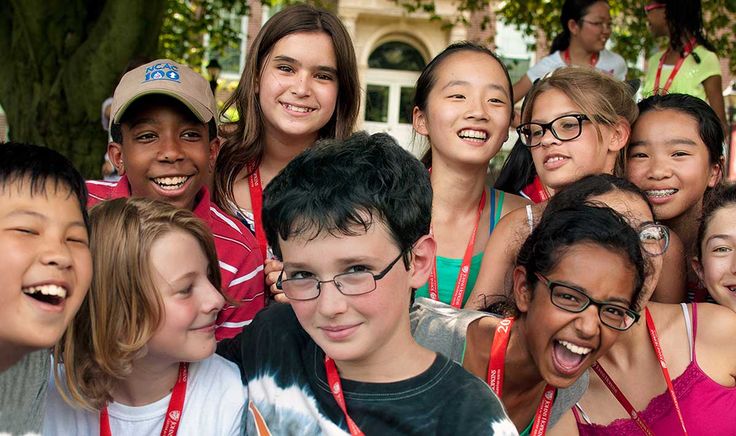 Launch of the national project "Education " and project "Success of every child" exacerbated the existing contradictions between the "great challenges" of the time and the existing system of work with gifted children, required its updating and optimization, the fastest and most effective solution of new problems. To this end, from 2019 to 2023, municipal program “GIFTED CHILDREN. WAY TO SUCCESS» .
Launch of the national project "Education " and project "Success of every child" exacerbated the existing contradictions between the "great challenges" of the time and the existing system of work with gifted children, required its updating and optimization, the fastest and most effective solution of new problems. To this end, from 2019 to 2023, municipal program “GIFTED CHILDREN. WAY TO SUCCESS» .
| 0003 open group of the same name VK The purpose of the program is to optimize the municipal system for identifying, supporting, developing and accompanying capable and talented children, taking into account the principles of justice, universality, early career guidance and self-determination. Main directions and methods of implementation programs : - restructuring the system for identifying gifted children - portfolio of projects "TRAJECTORY OF SUCCESS" - transformation of the system of development and support of gifted children and teachers - portfolio of projects "TERRITORY OF SUCCESS" .  Project portfolios are filled with separate large -scale projects and events: | |
| - Project “Trajectory: Science” , includes events: All -Russian competition “ Agronti ”, All -Russian Olympiad of schoolchildren , projects of projects “Big. challenges”, Olympiad KD NTI, Regional NPK schoolchildren "Evrika" , District NPK schoolchildren "Hope of the district" , etc. - Project "Trajectory: art (creativity)" , includes events: All-Russian essay competition, All-Russian competition of readers "Live Classics" and others - Project "Trajectory: sport" - Projects: "Laboratory of success", "Map of successful practices", "The path to Altair (Sirius)", "Talented preschooler", etc. |
From September 2019 to September 2022, by order of the Ministry of Education of the Novosibirsk Region, a municipal development program for the identification, support and development of gifted and highly motivated children in the field of science, sports and arts was developed and implemented jointly with the Altair Regional Center.
- Draft program for the development of the municipal system for identifying, supporting and developing the abilities and talents of children and youth for 2019-2022. in the Novosibirsk region of the Novosibirsk region
- Roadmap for the development of the municipal system for identifying, supporting and developing gifted children in the Novosibirsk region for 2019-2022.
- Calendar of events of the municipal system for identifying, supporting and developing gifted children of the Novosibirsk region for 2019-2022.
In February 2020, the Gifted Children. The Way to Success” was presented at the competition “Gold medal of the exhibition “Educational Siberia – 2020” in the nomination “Modern strategies and technologies for managing an educational organization of the 21st century”.
- Innovation project “Gifted children. Way to success". Municipal model of an integrated educational space in the context of the implementation of the national project "Education".

Best educational practices of Academpark JSC (view presentation here)Download
© edunor.ru 2022
Scroll upGifted children: how a teacher can work with them
Photos: Depositphotos / Illustrations: Julia Zamzhitskaya
Gayane Simonyan, Head of the Department of Olympiads and Special Projects at Uchi.ru, tells what a child's giftedness is and what a teacher should do to support and develop a child's abilities.
What is children's giftedness
Gifted children are not child prodigies who, at the level of an adult expert, write poetry, prove theorems, or play the violin. Geniuses are few, but there are many gifted children.
According to the definition of the "Working concept of giftedness", such a child is distinguished by bright, obvious, sometimes outstanding achievements in a particular type of activity or has an internal potential for achievement. If a child has not yet reached heights, but experts see that he can do this under certain conditions, he is also called gifted.
Giftedness can be general and special - children can learn and assimilate information better than others, or they can show abilities only in music, art or mathematics. Less common are outstanding leadership or communication skills.
American psychologist Joseph Renzulli believes that giftedness arises at the junction of three of the following factors: above-average ability, increased motivation to solve problems, and creativity.
Source: WikiReading
At the same time, none of these factors is sufficient to "create giftedness" - it is important for teachers to pay attention to each of them when working with children.
Giftedness is just an opportunity to achieve success in some area. But nothing will happen without effort, work, support and a willingness to keep moving forward after the first setbacks.
How teachers work with gifted children
Do not emphasize differences. If a gifted child is very different from the rest of the children in the class, it is very important not to make him a black sheep.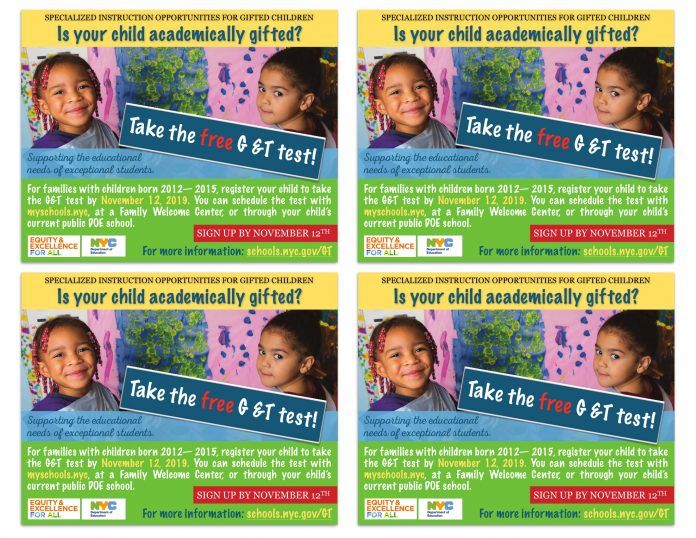 For this, work is underway in two directions: with the team and with the gifted child himself. Emphasize that we are all different, and that's okay. Everyone has their own abilities, and in order to reveal them, more work needs to be done. The thought “I am different from the rest” should not be disturbing.
For this, work is underway in two directions: with the team and with the gifted child himself. Emphasize that we are all different, and that's okay. Everyone has their own abilities, and in order to reveal them, more work needs to be done. The thought “I am different from the rest” should not be disturbing.
Select tasks by level . If in elementary school a gifted child will be bored doing too simple tasks with everyone, then a teenager can be hurt and even offended: “My abilities are not recognized and ignored!”. Give the class a few tasks to choose from so that each child can do what he can do and feel successful. Offer, for example, participation in the Olympiads on Uchi.ru - they are designed so that children with different types of thinking and different levels of training find tasks for themselves according to their strengths and interests.
Unusual interactive tasks from the Olympiad develop spatial and algorithmic thinking
Find like-minded people.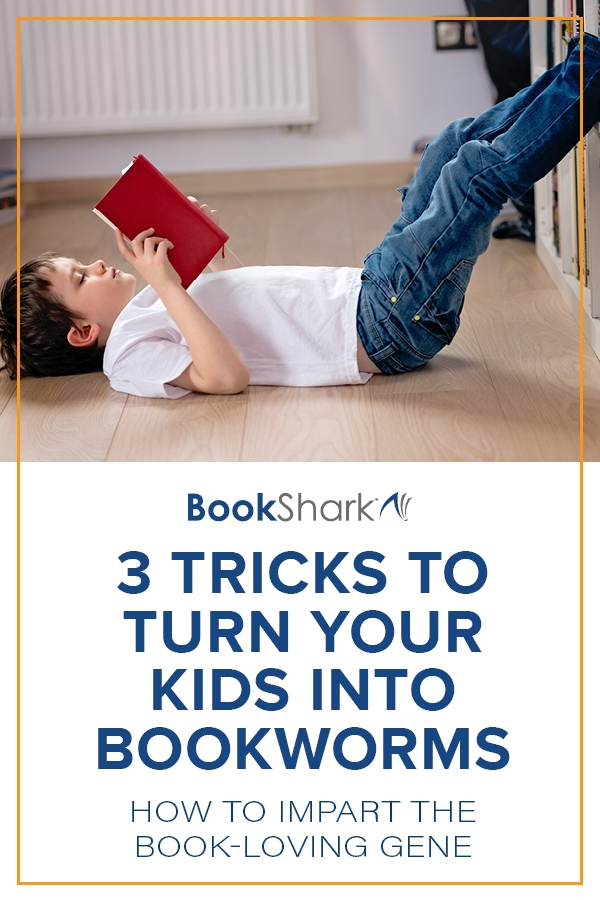 It is important for a gifted child to be surrounded by people like him. To see that there are people who are interested in the same thing as him, that this is normal, natural and good. Tell parents where they can send their child - circles, thematic exhibitions, interest clubs, competitions or contests are suitable.
It is important for a gifted child to be surrounded by people like him. To see that there are people who are interested in the same thing as him, that this is normal, natural and good. Tell parents where they can send their child - circles, thematic exhibitions, interest clubs, competitions or contests are suitable.
To accustom to work on oneself. A gifted child needs to put in a lot of work to reveal his talent. And he may be offended that everyone is already going for a walk, and he has to do a lot. To prevent classes from being perceived as a punishment, build a path to the goal with intermediate final results together with the child. Small victories help you see that you are on the right track and keep you motivated.
Praise for effort, not for talent. "You're doing well because you tried!" - in this case, failure only means the need to make more efforts and does not make the child "bad". And that means that next time, if you try hard, you can achieve a better result. This helps the gifted student stay motivated, even if it doesn't work out right away.
This helps the gifted student stay motivated, even if it doesn't work out right away.
Offer to try different things. This will help a gifted child to determine what else he has a soul for. The ability to switch between different types of activities will make it more stable and flexible, it will help you see your progress more often: “I didn’t know how, but now I can.” For example, offer a gifted student interesting tasks in "non-core subjects" and emphasize the moments in which he was successful.
Keep a balance. It is very important for a child not to concentrate on one direction, even if it is very successful for him. Giftedness should not be a reason to exclude rest and play from life. To avoid burnout and maintain interest, you need to be able to be distracted and then return to your main activity with pleasure. Do not overload a gifted student with tasks beyond measure, leave him time for the rest of his life.
Useful Information about Gifted Children
- Joseph Renzulli Research
- Flexible and Fixed Thinking Theory Carol Dweck
- Ability Tests: Torrens Creativity Test (for creative inclinations) and Stanford Achievement Test (for assessing IQ)
- Webinars and Olympiads on Uchi.

